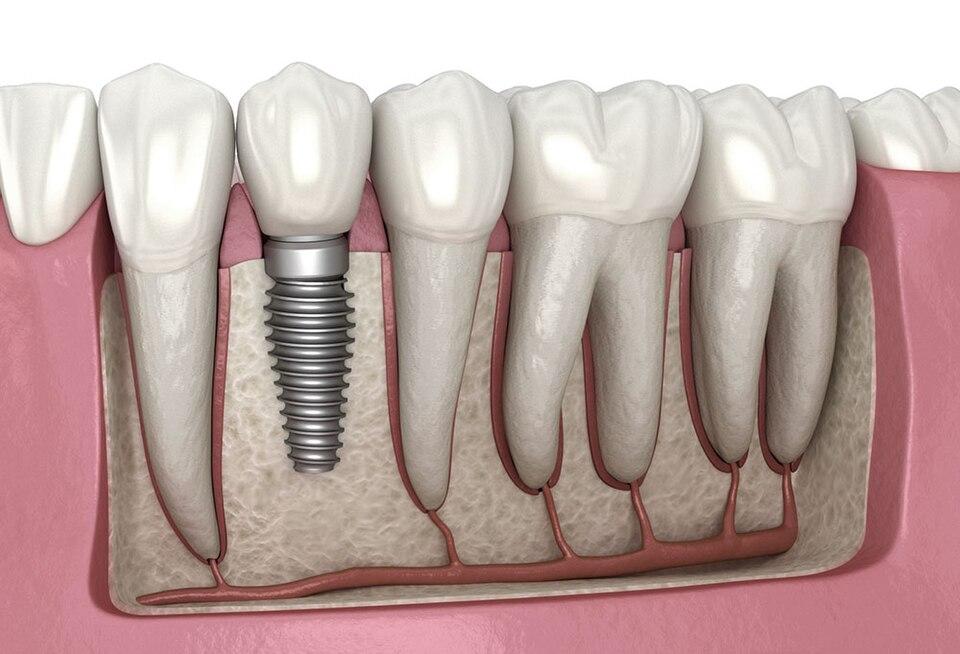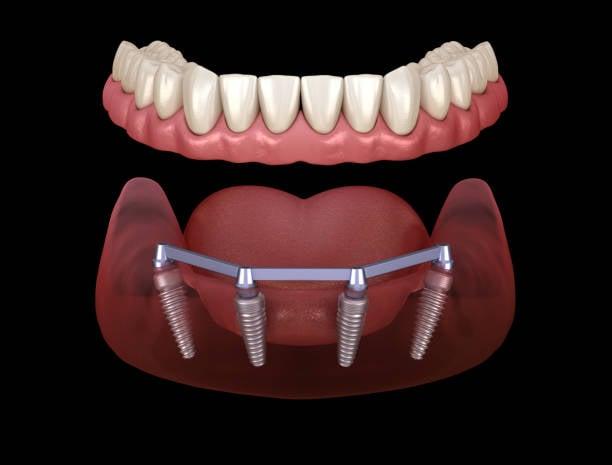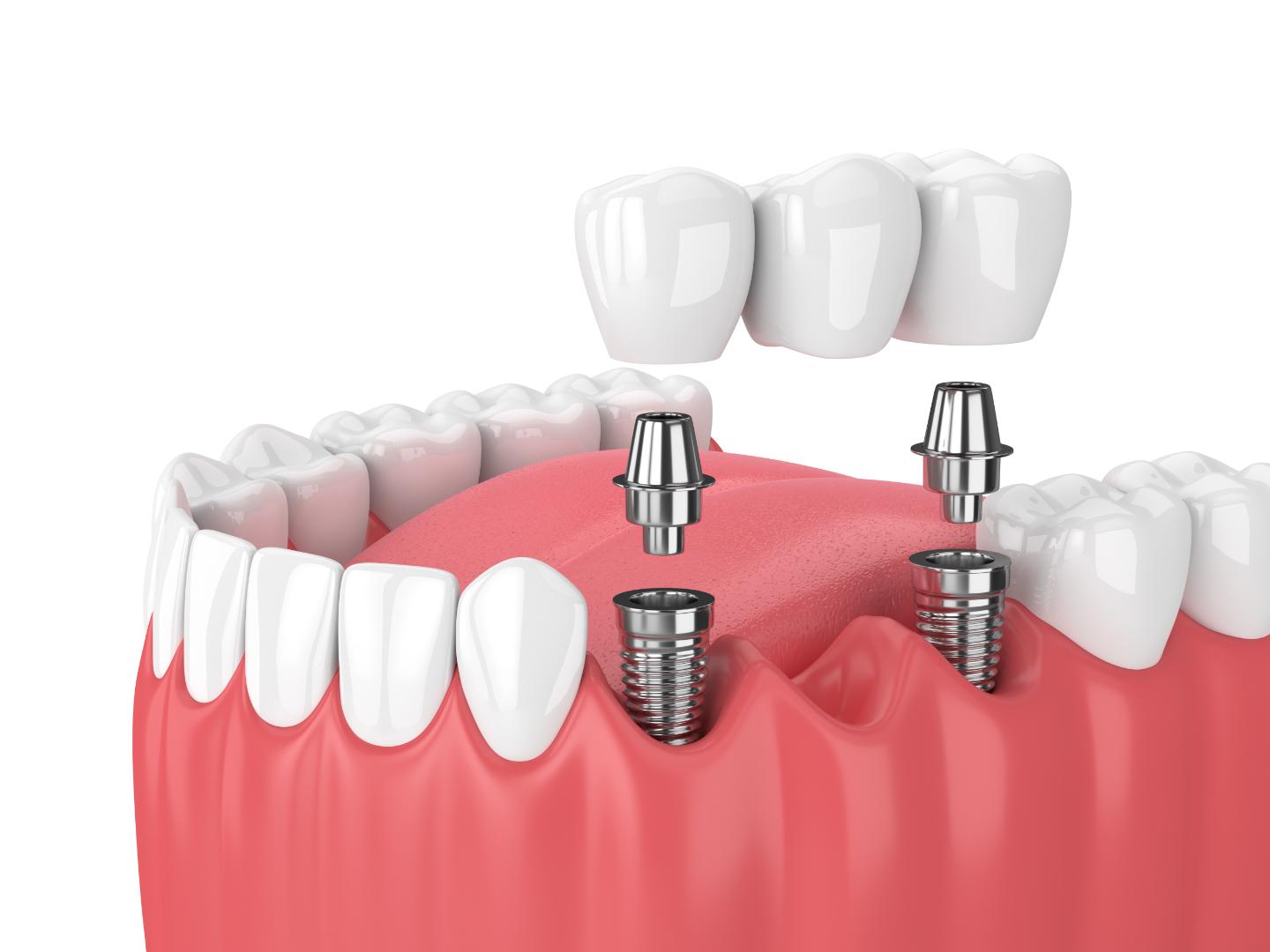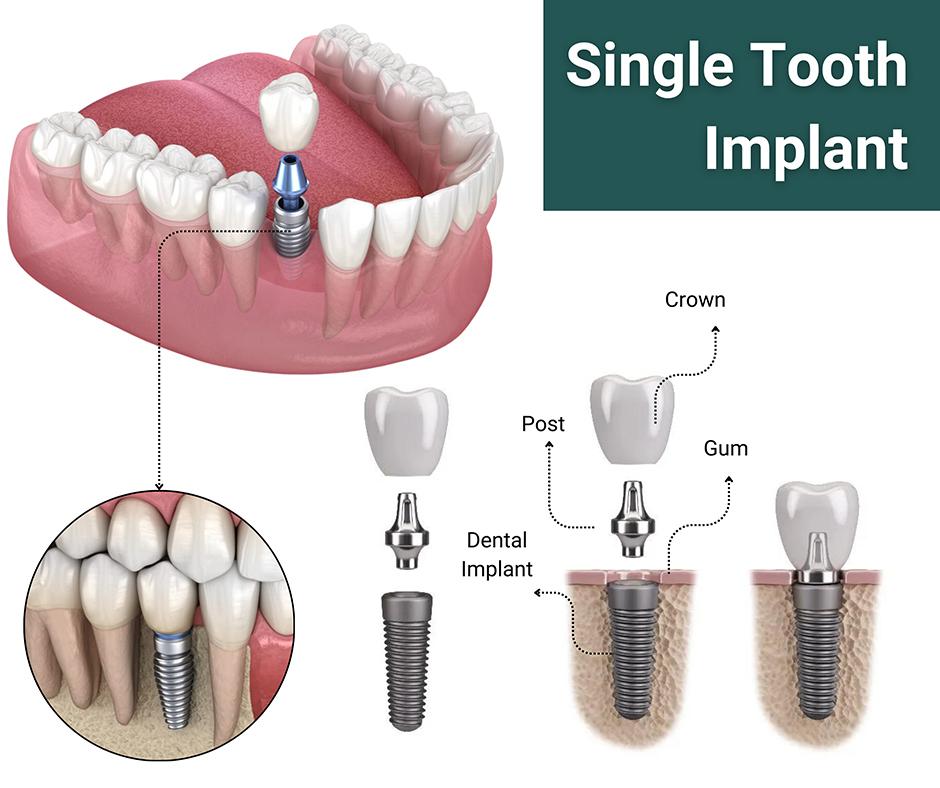When it comes to replacing missing teeth, the dental landscape offers a variety of options to restore both function and aesthetics. Among these, dental implants and dentures stand out as two of the most popular solutions—each with its own set of advantages and considerations. Imagine navigating a bustling marketplace where every stall promises the perfect remedy for a common dilemma: the desire for a confident smile. On one hand, dental implants present a permanent and natural-looking choice, anchored securely into the jawbone. On the other, dentures offer a more conventional approach, providing convenience and affordability. But how do you no which option is truly right for you? In this article,we’ll explore the key differences,benefits,and potential drawbacks of dental implants and dentures,helping you make an informed decision as you embark on your journey to reclaim your smile.
Understanding the Basics of Dental Implants and Dentures
Dental implants and dentures are two popular solutions for replacing missing teeth, each with its unique advantages and considerations.Dental implants are titanium posts surgically inserted into the jawbone, serving as a stable foundation for artificial teeth. This procedure mimics the natural tooth root, providing a long-lasting and durable solution. In contrast, dentures are removable appliances designed to replace a whole arch of missing teeth or several teeth at once, using a combination of plastic, metal, and sometimes acrylic materials for comfort and aesthetics.
When considering these options,it’s essential to weigh key factors such as:
- Longevity: Implants can last a lifetime with proper care,while dentures typically require replacement every 5 to 10 years.
- Maintenance: Implants usually involve standard dental hygiene, whereas dentures necessitate specific cleaning routines and potential handling issues.
- Cost: Implants often involve higher upfront costs but may provide greater value over time due to their durability.
To further clarify the differences between these solutions, consider the following table:
| Feature | Dental Implants | Dentures |
|---|---|---|
| Stability | Highly stable, feels like natural teeth | Less stable, can shift and move |
| Appearance | Designed to look and function like natural teeth | Can appear less natural if not fitted properly |
| Surgical Requirement | Requires surgery | No surgery needed |

Evaluating Longevity and Maintenance Needs
When it comes to long-term investment in your oral health, understanding the durability and upkeep associated with dental implants and dentures is crucial. Dental implants are designed to be a permanent solution, typically lasting 10 to 15 years or even longer with proper care. They are securely anchored into the jawbone, which means they do not shift or require replacement as often as dentures do. Here are some key considerations:
- Bone Health: Implants can help maintain jawbone integrity, preventing deterioration over time.
- Longevity: With good oral hygiene practices, many patients experience implant success for decades.
- Cost-Effectiveness: Despite a higher initial cost,fewer replacements can make implants more economical in the long run.
Conversely, dentures, either full or partial, can offer a more affordable initial option. However, they require regular adjustments and replacements, especially as the shape of your mouth changes. The average lifespan of dentures is about 5 to 10 years, depending on the material used and how well they are cared for. Crucial factors to consider include:
- Comfort and Fit: As the gums recede, dentures may need realignment to avoid discomfort.
- Daily Maintenance: Proper cleaning is essential to prevent stains and bad breath.
- Convenience: Removal for cleaning and at nighttime can be inconvenient for some wearers.
To visualize the differences in longevity and maintenance needs, consider the following table:
| Feature | Dental Implants | Dentures |
|---|---|---|
| Longevity | 10-15+ years | 5-10 years |
| Maintenance Frequency | Regular dental check-ups | Daily cleaning, periodic adjustments |
| Comfort Level | High (permanent fixture) | Varies (may shift or feel lose) |

Impact on Aesthetics and Functionality
When it comes to aesthetics, dental implants offer a natural and seamless appearance that closely resembles your own teeth. Unlike dentures, which can sometimes slip or become loose, implants are embedded directly into the jawbone. this integration not only enhances the visual appeal but also helps maintain the structure of your face.A few key aspects to consider include:
- Natural Look: Implants are designed to mimic the look of natural teeth, with color and shape customizable to fit your smile.
- Stability: Unlike removable dentures, implants are fixed in place, reducing any concerns about embarrassing moments caused by shifting.
- Long-lasting solution: With proper care, implants can last a lifetime, ensuring your smile remains attractive over the years.
In terms of functionality, dental implants offer superior chewing power and comfort. They allow for a wider range of foods compared to dentures, which may require a more cautious diet. Implants restore the full function of your teeth, making daily activities like eating, speaking, and smiling feel natural again.Consider these functional benefits:
- Improved Chewing: Dental implants provide the ability to enjoy all your favorite foods without restrictions.
- Enhanced Speech: Unlike dentures, which can cause slurring or mumbling, implants support clear speech.
- oral Health: Implants promote healthier gums and teeth by preventing bone loss, while dentures may encourage deterioration of the jawbone over time.
though, it’s essential to consider the overall lifestyle impact. While dental implants require a surgical procedure and a longer recovery time, they may offer a more functional and aesthetic solution in the long run. Dentures, conversely, may appeal to those looking for a less invasive option but often demand regular maintenance and adjustments. below is a comparison of key factors:
| Factor | Dental Implants | Dentures |
|---|---|---|
| Appearance | Looks and feels like natural teeth | May appear less natural and can shift |
| Functionality | Full chewing ability, stable | Restricted diet, may slip or shift |
| Maintenance | Similar to natural teeth | Requires daily removal and cleaning |
| Longevity | Can last a lifetime | Typically needs replacement every 5-10 years |

Cost Considerations and Insurance Factors
When considering dental implants or dentures, understanding the financial implications is crucial. Dental implants generally come with a higher initial cost due to the surgical procedure involved. The average price of a single dental implant can range from $1,500 to $3,000, not including additional procedures such as bone grafting or sinus lifts, which may be necessary in some cases. In contrast, dentures are typically more budget-pleasant, frequently enough costing between $300 and $1,500 for a complete set, depending on the materials used and the complexity of the fit.
Insurance coverage can also differ significantly between the two options. Many dental insurance plans may partially cover the cost of dentures, considering them as prosthetic devices that restore functionality. Though, coverage for implants can be less straightforward. Some insurers may only cover a portion of the procedure, or none at all, citing the costs associated with the restorative nature of implants. It’s essential to review your specific insurance policy to determine what is covered and what your out-of-pocket expenses may be for each option.
| Factor | Dental Implants | Dentures |
|---|---|---|
| Initial Cost | $1,500 – $3,000 | $300 - $1,500 |
| Longevity | 10-15 years or more | 5-10 years |
| Insurance Coverage | Varies,often limited | More likely to be covered |
Both dental implants and dentures can serve their purpose in restoring a confident smile and functionality,but the financial aspect adds a layer of complexity to the decision-making process. While implants may hold a higher upfront cost, their durability and potential insurance challenges could influence your long-term investment analysis.Conversely, dentures offer a less expensive solution but may require replacement over time, resulting in cumulative costs that could approach—or even exceed—those of implants.
Concluding Remarks
the choice between dental implants and dentures ultimately hinges on your specific needs, lifestyle, and personal preferences. Both options offer distinct advantages, whether you’re aiming for a permanent solution that mimics the feel of natural teeth or seeking a more affordable and removable alternative. As you embark on this journey to restore your smile, it’s essential to consult with your dental professional, who can provide personalized recommendations tailored to your unique situation. Remember, the goal is not just to choose a solution but to embrace a path that enhances your quality of life and confidence. Whichever route you decide to take, a healthy, vibrant smile is within reach—so take the time to weigh your options and choose wisely. Your smile deserves it.
